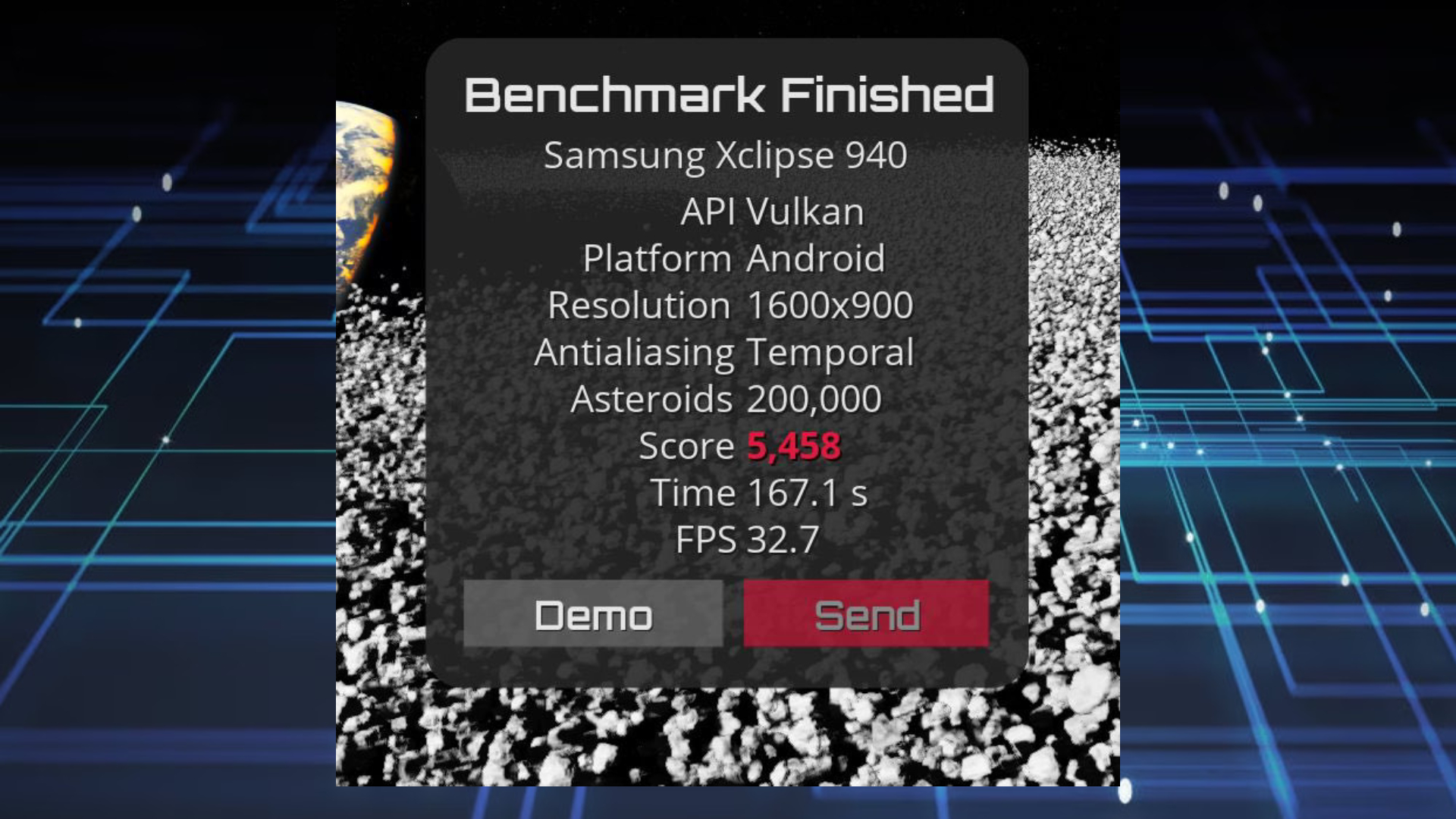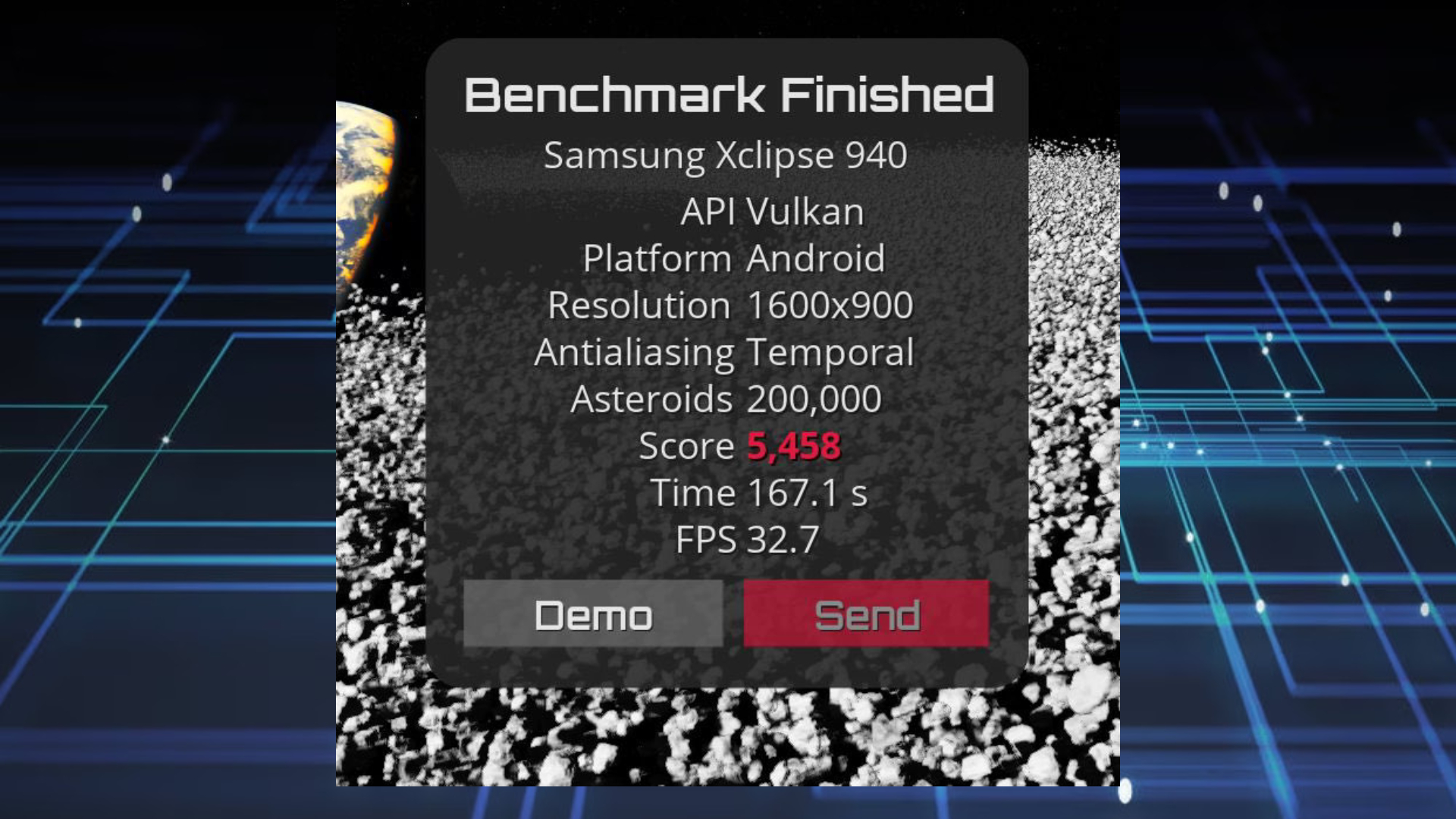Chip battles are happening in every arena, from desktops and laptops to mobile devices. From Intel, and TSMC to Qualcomm and Samsung, these battlefields are littered with reviewer opinions based on hands-on experience, but it often comes down to the benchmarks. What do the test results show us, what is the data?
It’s like UFC meets a WWE cage match, Sho’nuff vs Bruce Leroy for total supremacy. It’s actually none of those things. However, recent benchmarks of Samsung Exynos 2400 show it trouncing Qualcomm Snapdragon 8 Gen 3, Which has left us wondering, is Samsung preparing to move on from Qualcomm’s Snapdragon, and will the upcoming S25 Ultra pack the tech giants own chipset?
Thanks to a report from NoteBookCheck, we’ve had a peek at the benchmarks in question. And, after seeing the results, it isn’t too far-fetched to surmise that the S24 Ultra could be the last to feature a Qualcomm Snapdragon. Let’s take a look at the numbers.
Exynos Vs. Snapdragon: What the benchmarks tell us
Samsung Exynos is not only proving to have superior stability, but these benchmarks show its GPU packs quite a performance punch.

On GravityMark’s Rasterization GPU test, the Exynos 2400 stole the show. It absolutely crushed the competition with a score of 5458, leaving both Apple’s A17 Pro (4870) and Qualcomm’s Snapdragon 8 Gen 3 (3543) in the dust.
Speaking of the Snapdragon, this is a big leap from the 8 Gen 2’s reported score of around 2500 on the same test. However, even that leap isn’t enough to best Samsung’s own.

Now, benchmarks aren’t always gospel. For instance, on 3DMark’s Wild Life Extreme test, the Exynos falls behind with a score of 3147, while the Snapdragon 8 Gen 3 pulls ahead at 4747 and the A17 Pro sits at 3639. However, the Exynos consistently ranks first or second in other 3DMark tests, solidifying its position as a serious contender – at least when it comes to graphics performance.
Final Thoughts
Samsung’s top-of-the-line chip, the Exynos 2400, is making waves and the benchmarks show it can compete with the Snapdragon 8 Gen 3 in several important ways. However, are these early test results enough for Samsung to ditch Qualcomm’s proven Snapdragon chipsets?
A massive tech corp like Samsung could be moving toward keeping things more in-house and creating a more proprietary vibe with the tech involved. It may even lead some to ponder further: If Samsung leaves Qualcomm behind, could it also be developing its own mobile OS in full, and toss Android aside as well? The questions are endless, but, at the end of the day, it’s all just speculation.
With AI coming to all devices and with many brands now jumping into the chip-making battlefield, we could see more companies take a page from Apple’s walled ecosystem as a way to create a more defined branding apparatus that will distance it from the growing competition.
We will continue to listen to the whispers and rumors and keep an eye on this developing scenario.







